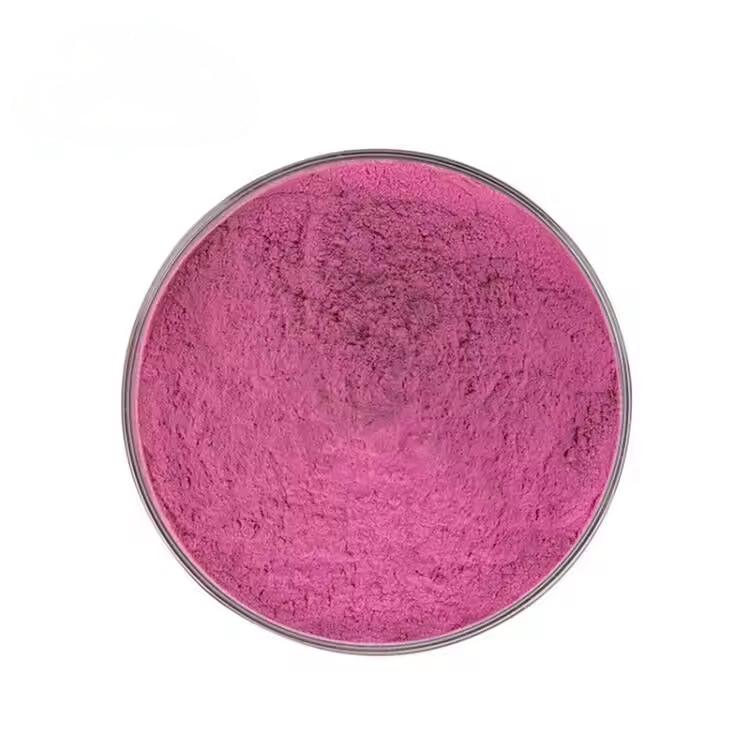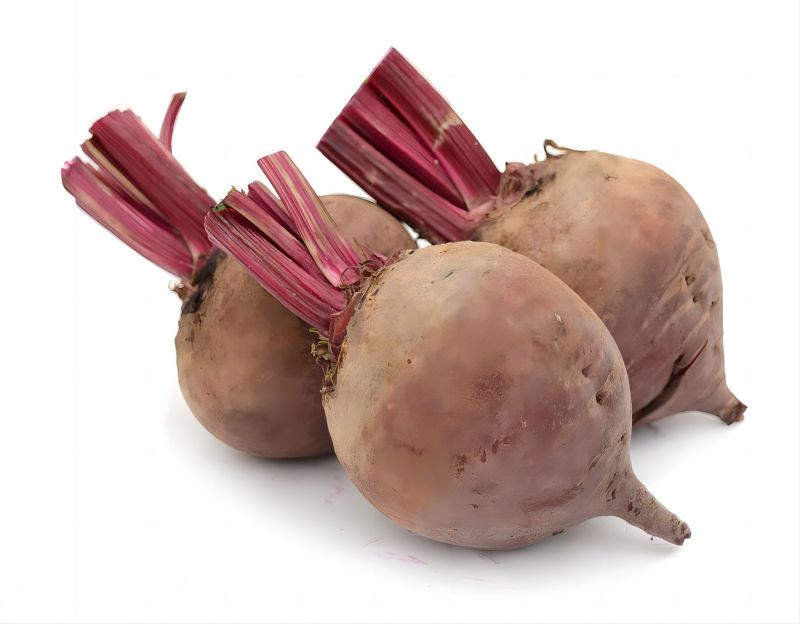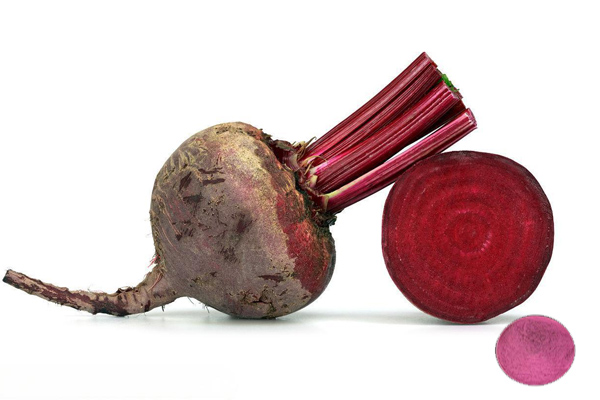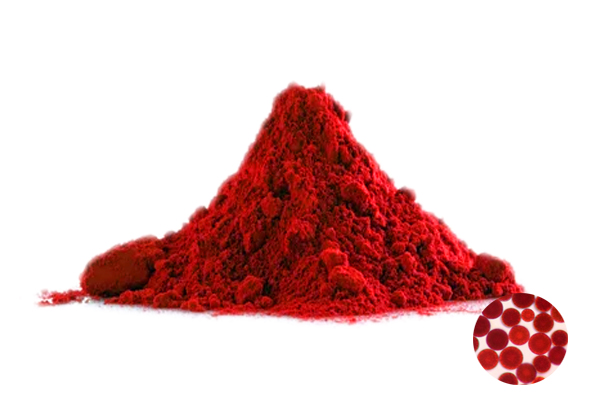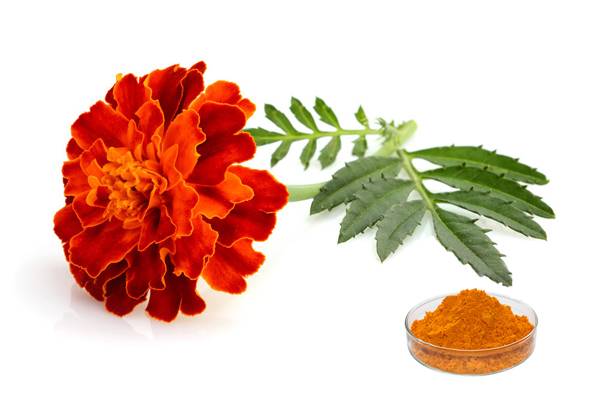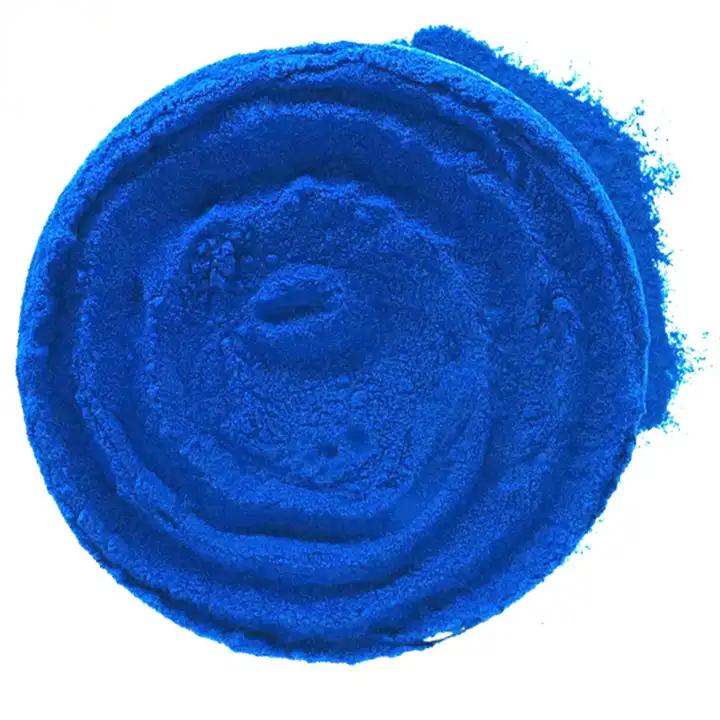Порошок свеклы
Латинское название :Beta Vulgaris L.
Источник: betroot
Метод испытания: уф
Внешний вид: пурпурный красный порошок
Остатки пестицидов: соответствуют стандарту No 396/2005 (EC)
- 3. Описание
- Спецификация данных
- Свидетельство о допущении
-
Что такое порошок свеклы?
Пчеловод богат питательными веществами, микроэлементами и минералами: нитратами, высококачественным железом и витамином в12, фолиевой кислотой, большим содержанием клетчатки и пектина, йодом, магнием, селеном, натрием, кремнием, витаминами а, в и с, пищевым волокном и пектином- да. В нем также есть beetroot' с уникальным пчелиным гликозидом и супер антиоксидантом "пчелотин".
Порошок сок красной свеклы, изготовленный из съедобной красной свеклы в качестве сырья, высушенный брызгом после сжатия сока, представляет собой тонкий порошок с ярко-красным привлекательным цветом, ясным и свободным от остатков водным раствором и сильным вкусом.
- зеленый цвет Технология Spring поставляет порошок сока красной свеклы, который имеет чистый вкус, хорошую растворимость, а также прозрачный и полупрозрачный раствор после растворения в воде, без примесей. Широко используется в пищевой промышленности.
Founded in 2000, Green Spring Technology is a leading biotechnology company in China. It has obtained many certifications such as Halal, Kosher, COSMOS, BRC, IFS, FDA, ISO, and so on. Green Spring has an excellent R&D team, an experienced production team, and a professional sales team, we can customize all kinds of standard extracts as well as proportional extracts. We can provide Авторитетные протоколы испытаний третьих сторон.
Технические характеристики:
Название продукта
Порошок свеклы
Название на латинском языке
Бета вулгарис л.
Источник: http://www.
- пчеловодство.
Метод испытания
Уф-излучения (UV)
Внешний вид
Пурпурный красный порошок
Остатки пестицидов
Соответствует стандарту (ес) No 396/2005
Правила:
Он соответствует правилам ес.
Хочешь услышать цитату?Benefits:
Helps Lower Blood Pressure
In 2015, a study of 68 people with high blood pressure tested the effects of drinking 250 ml of beetroot juice per day. Ultimately, the researchers found that drinking beetroot juice daily helped lower blood pressure. The researchers attributed this blood pressure lowering effect to the high levels of nitrates in beetroot juice. They suggest that consuming vegetables high in nitrates is an effective, low-cost way to treat high blood pressure naturally. When beetroot is consumed, the body converts the natural nitrates into nitric oxide, a molecule that dilates blood vessels and causes blood pressure to drop. Nitrate levels in the blood remain elevated for about six hours after ingestion.
Helps Enhance Athletic Performance
Several studies have shown that dietary nitrates in beets can enhance athletic performance. Mitochondria are responsible for producing energy in cells, and nitrates appear to affect physical performance by increasing the efficiency of mitochondria. According to one review, beetroot juice may enhance endurance by delaying the time to fatigue, improving cardiorespiratory fitness, and increasing the efficiency of athletes. Beetroot juice has also been shown to improve cycling performance and increase oxygen use by up to 20 percent.
Blood Tonic
Rich in iron, red beetroot is a high-quality natural blood tonic that prevents iron-deficiency anaemia and makes the skin more radiant. At the same time, its high content of antioxidants can help fight free radical damage and slow down skin ageing. Many studies have reported that beetroot in the form of juice supplements protects DNA, lipids, and protein structures from oxidative damage in vitro. In a report from the Newcastle Research Unit, beetroot juice was shown to have the highest antioxidant capacity DPPH levels amongst a range of fruits and vegetables.
Antioxidant
The antioxidant content of beetroot mainly consists of beta-carotene, vitamin C, vitamin E, and a variety of minerals and antioxidants. Among them, beta-carotene in beetroot is a powerful antioxidant that is converted into vitamin A, which helps protect skin and eye health. In addition, the antioxidants in beetroot include flavonoids and polyphenols, which can scavenge free radicals and can help fight oxidative stress, thus protecting cells from oxidative damage.
The antioxidant effects of beetroot are manifested in several ways. Firstly, antioxidants protect cells from damage by neutralizing free radicals and reducing oxidative stress. Secondly, antioxidants can also help repair already damaged cells, promoting cell regeneration and repair.
Promotes Intestinal Health
Beetroot is high in dietary fibre, mainly insoluble fibres such as cellulose and hemicellulose. These fibres are vital for maintaining gut health as they increase stool bulk, promote bowel movements and help prevent constipation. Dietary fibre also provides food to probiotics in the gut, such as bifidobacteria and lactobacilli, which play a role in the digestive process and help to maintain the balance of gut flora. In addition, some of the compounds found in beetroot, such as beetroot, may also be beneficial to gut health. Beetroot glycosides can be broken down in the gut to produce beneficial metabolites, such as short-chain fatty acids. They are essential for maintaining the health and function of intestinal cells.
Applications:
In the Food Field:
Beet juice powder has a bright colour, even colouring, no bad smell, and has a better colouring function. Beet powder is widely used in various beverages, fruit flavour powder, fruit juice dew, soft drinks, ice cream, prepared wine, candy, pastry laminating, canned food, sandwich, fruit juice concentrate, jelly, sausage and another food coloring.
It can also be added to your daily diet. Morning or post workout shake's can be added. Use it in salad dressings, baked goods, and pastry blending for amazing colors.
-
Get Your Free COA


 Английский язык
Английский язык Французский язык
Французский язык На испанском языке
На испанском языке Русский язык
Русский язык Корейская народно-демократическая республика
Корейская народно-демократическая республика На японском языке
На японском языке



